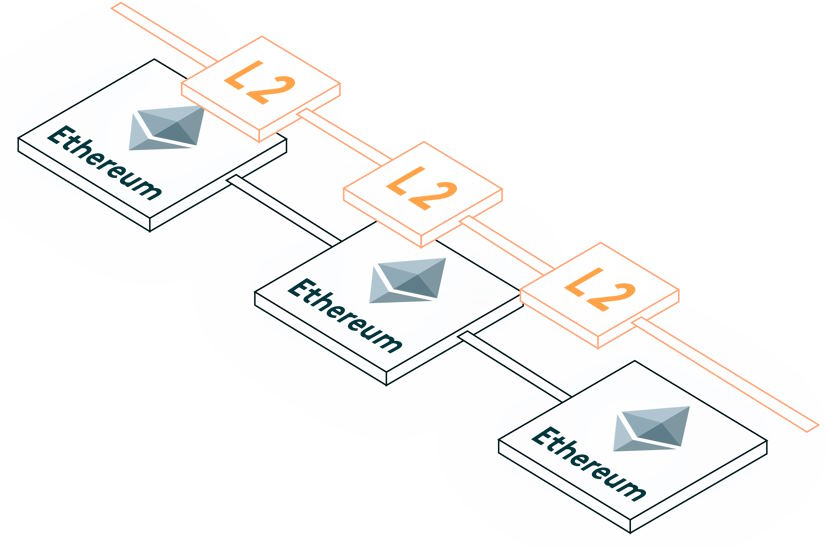In the realm of cryptocurrencies, where trust and decentralization are paramount, consensus algorithms play a pivotal role in ensuring the security and integrity of blockchain networks. These algorithms, fundamental to the functioning of distributed ledgers, facilitate agreement among network participants on the validity of transactions. Understanding the crucial role of consensus in blockchain networks sheds light on the robustness and reliability of blockchain technology.
Proof-of-Work (PoW)
One of the most common consensus algorithms is the Proof-of-Work (PoW) algorithm, which is employed by Bitcoin. PoW requires participants, known as miners, to solve complex mathematical puzzles to validate transactions and create new blocks. While PoW is renowned for its security, it has faced criticism for its energy-intensive nature.

Proof-of-Stake (PoS)
In response to environmental concerns, alternative consensus algorithms have emerged. Proof-of-Stake (PoS) is one such example. In a PoS system, validators are chosen to create new blocks based on the number of coins they hold and are willing to “stake” as collateral. This approach aims to reduce the energy consumption associated with PoW while maintaining network security.
Delegated Proof-of-Stake (DPoS)
Delegated Proof-of-Stake (DPoS) is another variation, where coin holders vote for a limited number of delegates who are then responsible for validating transactions and creating blocks. This streamlined approach enhances scalability and transaction speed, making DPoS an attractive choice for certain blockchain projects.

Practical Byzantine Fault Tolerance (PBFT)
Another noteworthy consensus algorithm is Practical Byzantine Fault Tolerance (PBFT), which focuses on achieving consensus in a network with a predetermined set of nodes. PBFT is often employed in permissioned blockchains, where participants are known and trusted, and the emphasis is on achieving high throughput.
Consensus algorithms drive trust in algorithms and are not limited to these examples; numerous others cater to specific needs and objectives.
- Each algorithm comes with its own set of advantages and challenges, and the choice of consensus mechanism depends on the goals of the blockchain network.
- Consensus algorithms are instrumental in preventing double-spending, securing the network against attacks, and maintaining the decentralized nature of blockchain systems.
- Their evolution reflects the ongoing efforts within the blockchain community to strike a balance between security, scalability, and environmental sustainability.
Diverse Consensus algorithms shaping the future of cryptocurrencies serve as the bedrock of trust and reliability in cryptocurrency networks. As the blockchain landscape continues to evolve, the development and refinement of consensus mechanisms will play a crucial role in shaping the future of decentralized technologies, ensuring their resilience and adaptability in a rapidly changing digital landscape.



